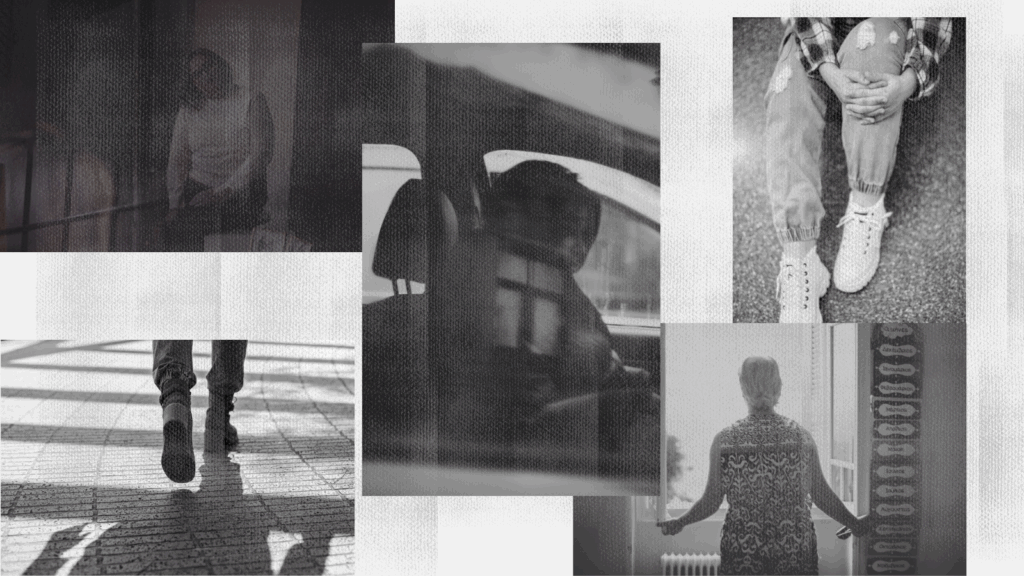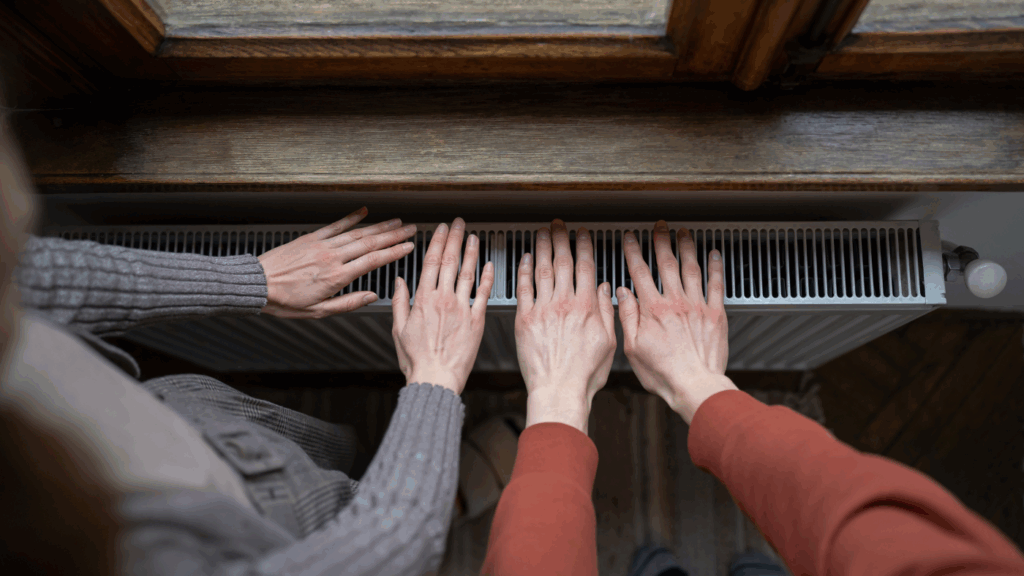On Thursday 17th and Friday 18th February, Eurodiaconia and our members Kirkens Korshaer (Denmark), Helsinki Deaconess Institute (Finland), Kerk in Actie (Netherlands), Diakonia Austria (Austria) and Sveriges Stadsmissioner (Sweden), participated in the annual European Semester structured dialogue with civil society – “The new European Semester 2022 cycle – exchange of views with civil society”. The structured dialogue serves as a platform for civil society actors, from both European and national levels, to share their assessment of the socio-economic situation in Member States with the European Commission. The European Commission is using the outcomes of this dialogue in its work on the Country Reports and Country Specific Recommendations, which will be published in May.
The opening session gave an overview of the 2022 Semester process, which is considered a transitional year as there have been changes related to the COVID-19 pandemic and the Recovery and Resilience Facility, which was developed by the European Commission in response to the pandemic. As a result, the Country Reports and the Country Specific Recommendations will now be published together in May. The European Commission acknowledged the concerns of civil society actors, that changes to the Semester process have marginalised the voice of civil society and undone progress that had been made towards a more “social” Semester, particularly at a member state level.
In breakout groups thematic areas of relevance to the European Semester were discussed between civil society representatives and Commission officials in the respective fields. These were a great opportunity for actors from both national and European levels to directly engage with representatives working at the Commission, as well as sharing one another’s experiences.
The second day began with a focus on the social economy and its role in COVID recovery as well as green and digital transitions. A presentation of the Commission’s Social Economy Action Plan highlighted three core tenants – creating enabling framework conditions through participatory governance, opening up new opportunities through the principle of reinvesting profits and ensuring recognition and awareness of collective interests. However, implementation will depend heavily on what is done at member state level.
This led into a final breakout session, in which participants were placed into groups by their member states and had the opportunity to engage in dialogue with the Commission about their country specific contexts. Overall, it became clear from those discussions that it is challenging for national civil society actors to engage with the Semester process because their national authorities are not creating pathways for them to do so. Therefore, it is important that this transitional Semester process sees quality stakeholder consultation prioritised at both European and member state levels and new opportunities are born out of the turbulence of the past two years.
At Eurodiaconia, we are supporting our members by gathering their contributions for submission to the Commission as it writes the Country Reports and develops Country Specific Recommendations. You can read more on the 2022 European Semester cycle and Eurodiaconia’s involvement here.



